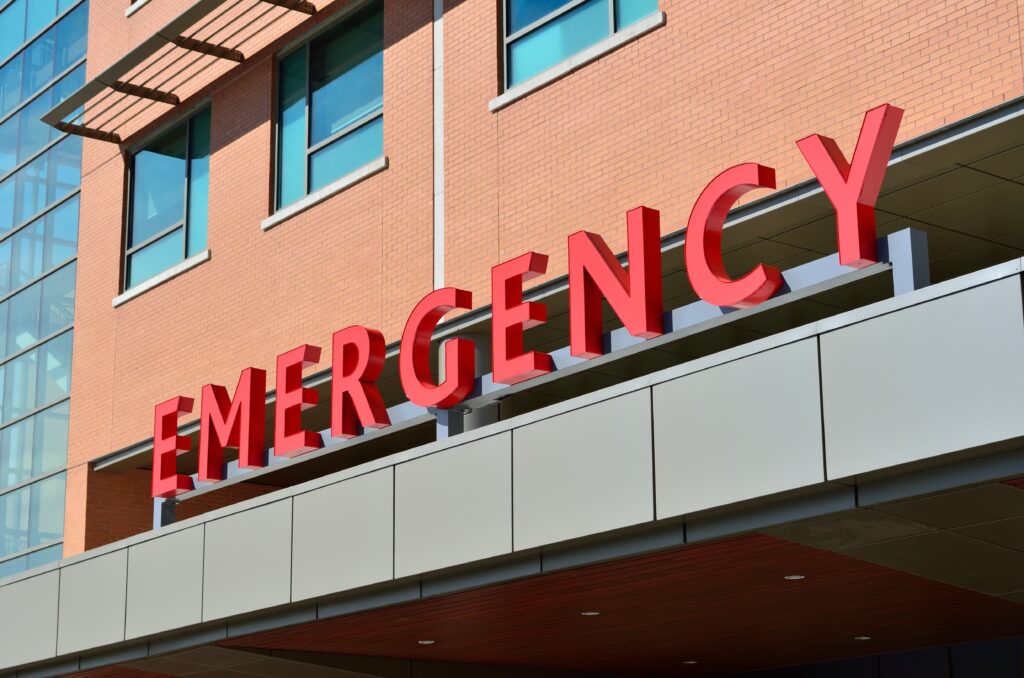
News & Tips That Makes Your Life Easier in Toronto!
Lorem ipsum dolor sit amet, consectetur adipiscing elit. Ut elit tellus, luctus nec ullamcorper mattis, pulvinar dapibus leo.
How Does the Medical System Work in Canada?
The medical system in Canada is based on a publicly funded and universal healthcare system known as the Canada Health Act. This system provides essential medical services to all Canadian citizens and permanent residents, ensuring that they have access to necessary medical care without facing financial barriers. Here are the key features and components of the Canadian medical system:

News & Tips That Makes Your Life Easier in Toronto!
Lorem ipsum dolor sit amet, consectetur adipiscing elit. Ut elit tellus, luctus nec ullamcorper mattis, pulvinar dapibus leo.
The medical system in Canada is based on a publicly funded and universal healthcare system known as the Canada Health Act. This system provides essential medical services to all Canadian citizens and permanent residents, ensuring that they have access to necessary medical care without facing financial barriers. Here are the key features and components of the Canadian medical system:
1.Universal Coverage
Canada’s healthcare system is publicly funded, meaning that the government provides funding for essential medical services for all eligible residents. It ensures that all citizens and permanent residents have access to medically necessary hospital and physician services, regardless of their income or ability to pay.
2. Provincial and Territorial Responsibility:
Healthcare administration is the responsibility of each province and territory in Canada. While the federal government sets certain standards and guidelines through the Canada Health Act, the delivery and organization of healthcare services are managed by individual provinces and territories.
3. Health Insurance (Medicare):
Each province and territory has its own health insurance plan, commonly referred to as Medicare. Eligible residents must register for the provincial health insurance plan, and upon approval, they receive a health card that entitles them to access medical services covered by the plan.
4. Medically Necessary Services:
The Canada Health Act defines “medically necessary services” as hospital services, physician services, and surgical-dental services that are considered essential for the diagnosis, treatment, or prevention of an illness or injury. These services are generally covered by provincial health insurance plans.

5. Hospitals:
Hospitals in Canada provide a range of medical services, including emergency care, surgeries, diagnostic tests, and specialized treatments. Hospital services are publicly funded and accessible to all eligible residents.
6. Wait Times:
While Canada’s healthcare system provides universal coverage, some areas may experience wait times for certain non-urgent medical procedures and specialist consultations. Efforts are continually being made to improve wait times and access to care.
7. Prescription Drugs:
The coverage for prescription medications varies among provinces and territories. Some provinces offer prescription drug coverage for specific groups, such as seniors or low-income individuals, while others may have separate drug benefit programs.
8. Private Health Services: While the Canadian healthcare system is publicly funded and provides essential medical services, there are opportunities for private healthcare services as well. These services typically include elective procedures, cosmetic surgeries, and some specialized treatments not covered by public plans.
How to See a Doctor Without Insurance

In Canada, access to healthcare is based on a publicly funded and universal healthcare system, meaning that all Canadian citizens and permanent residents are entitled to essential medical services regardless of their insurance status. If you do not have insurance coverage, you can still see a doctor and receive necessary medical care. Here’s how you can access healthcare in Canada without insurance:
1. Provincial Health Insurance
The first step is to apply for provincial health insurance, also known as Medicare. Each province and territory has its own health insurance plan. If you are a Canadian citizen or permanent resident, you are eligible for provincial health insurance. Once approved, you will receive a health card that allows you to access basic medical services covered by the plan. Article: How to et OHIP ?
2. Health Clinics and Walk-In Clinics:
If you have not yet received your health card or if you are an international visitor, you can still access medical care through public health clinics and walk-in clinics. These clinics offer basic medical services, and you will be billed for the services provided. While healthcare in Canada is publicly funded, individuals without insurance may need to pay for non-emergency services out of pocket.
3.Community Health Centers:
Community Health Centers (CHCs) are another option for individuals without insurance. CHCs provide primary healthcare services, and some of them offer services on a sliding scale or at reduced fees for individuals with financial difficulties.

News & Tips That Makes Your Life Easier in Toronto!
Lorem ipsum dolor sit amet, consectetur adipiscing elit. Ut elit tellus, luctus nec ullamcorper mattis, pulvinar dapibus leo.
4.Hospital Emergency Departments:
If you have a medical emergency, you can seek treatment at a hospital emergency department regardless of your insurance status. Canadian hospitals are required to provide emergency medical care to all patients, regardless of their ability to pay.
5. Free Clinics and Community Services:
In some areas, you may find free clinics or community organizations that offer medical services to individuals without insurance. These clinics are typically run by volunteers or supported by charitable organizations.
6. University Health Centers:
If you are a student at a Canadian university, check if your institution has a health center. Many universities offer healthcare services to their students, and you may be able to access basic medical care through the university’s health center.
It’s important to note that while essential medical services are covered by the public healthcare system, additional services such as prescription medications, dental care, and certain elective procedures may not be covered. In such cases, individuals without insurance will need to pay for these services out of pocket.
If you are in a situation where you do not have insurance coverage and require medical care, reach out to local community health centers, clinics, or government resources to inquire about available options and services. It’s essential to prioritize your health and seek medical attention when needed.

News & Tips That Makes Your Life Easier in Toronto!
Lorem ipsum dolor sit amet, consectetur adipiscing elit. Ut elit tellus, luctus nec ullamcorper mattis, pulvinar dapibus leo.